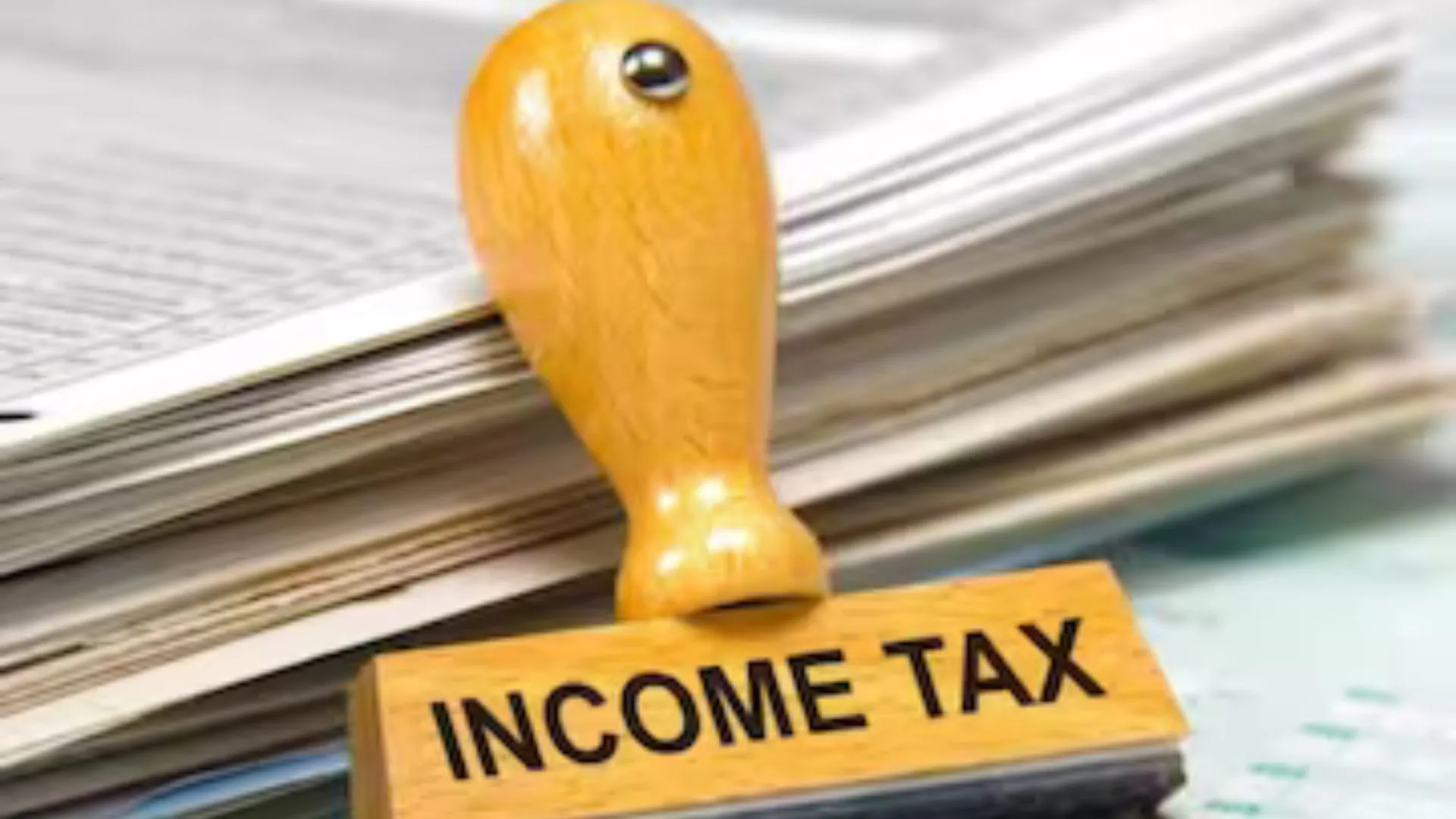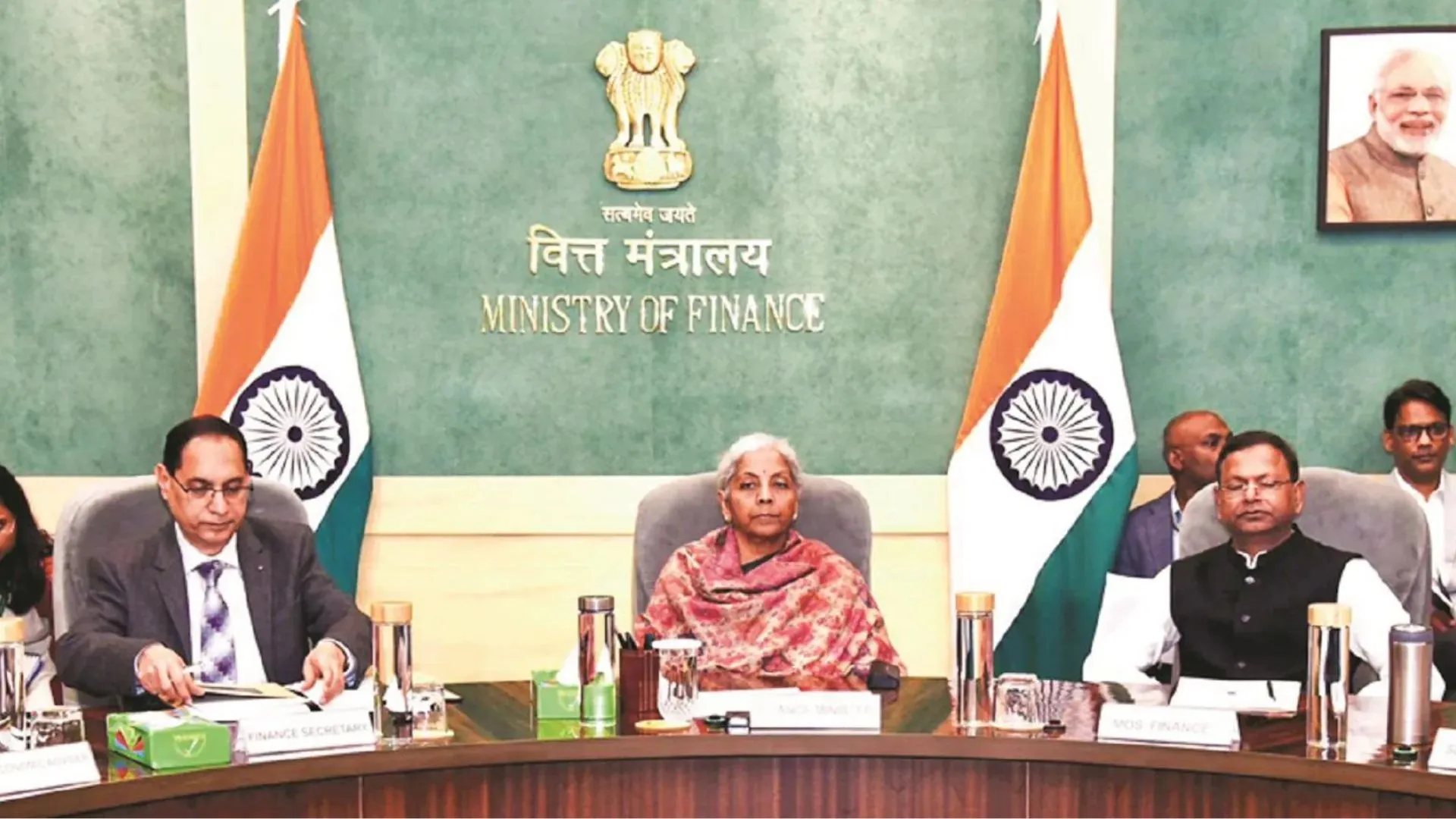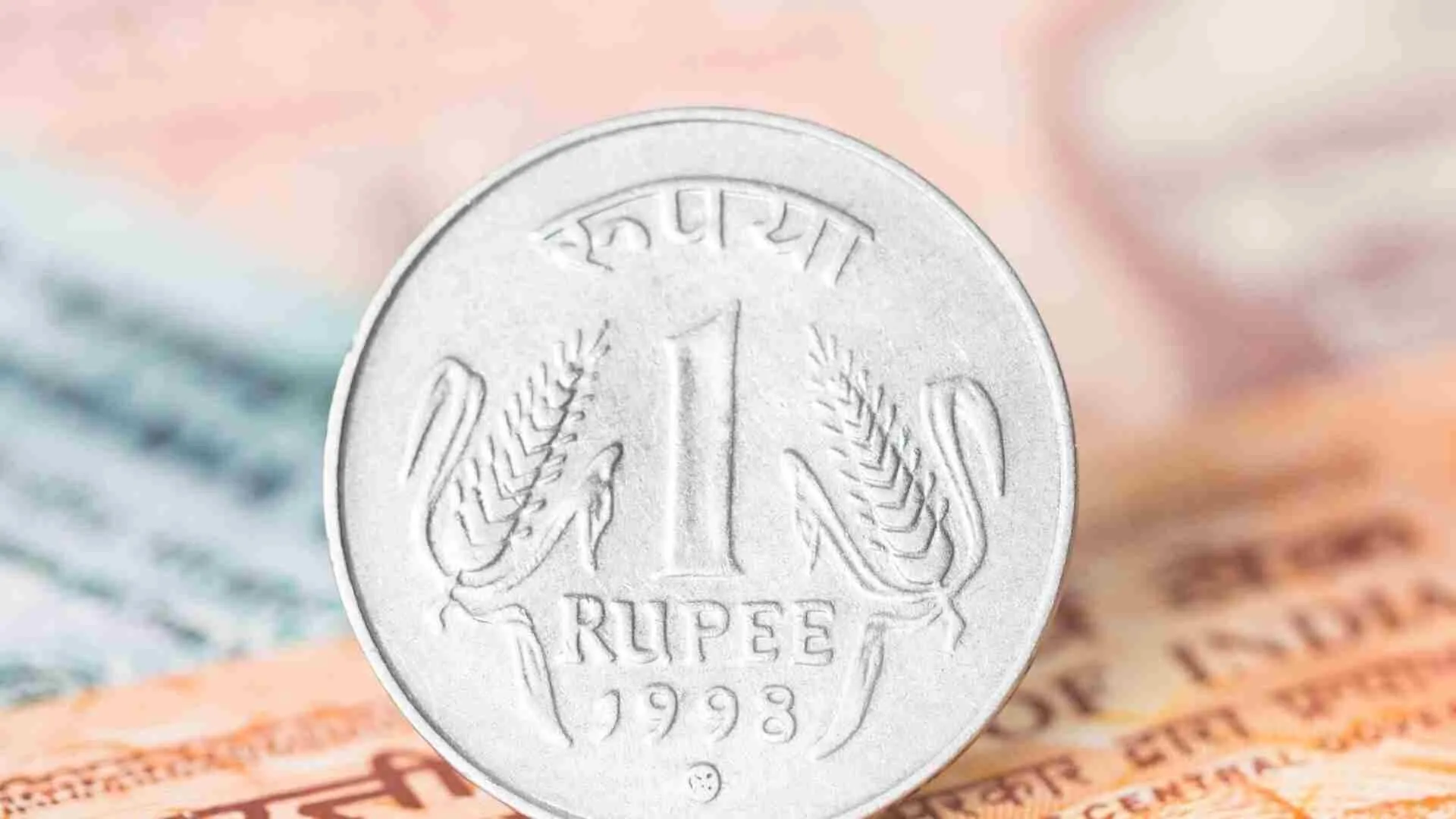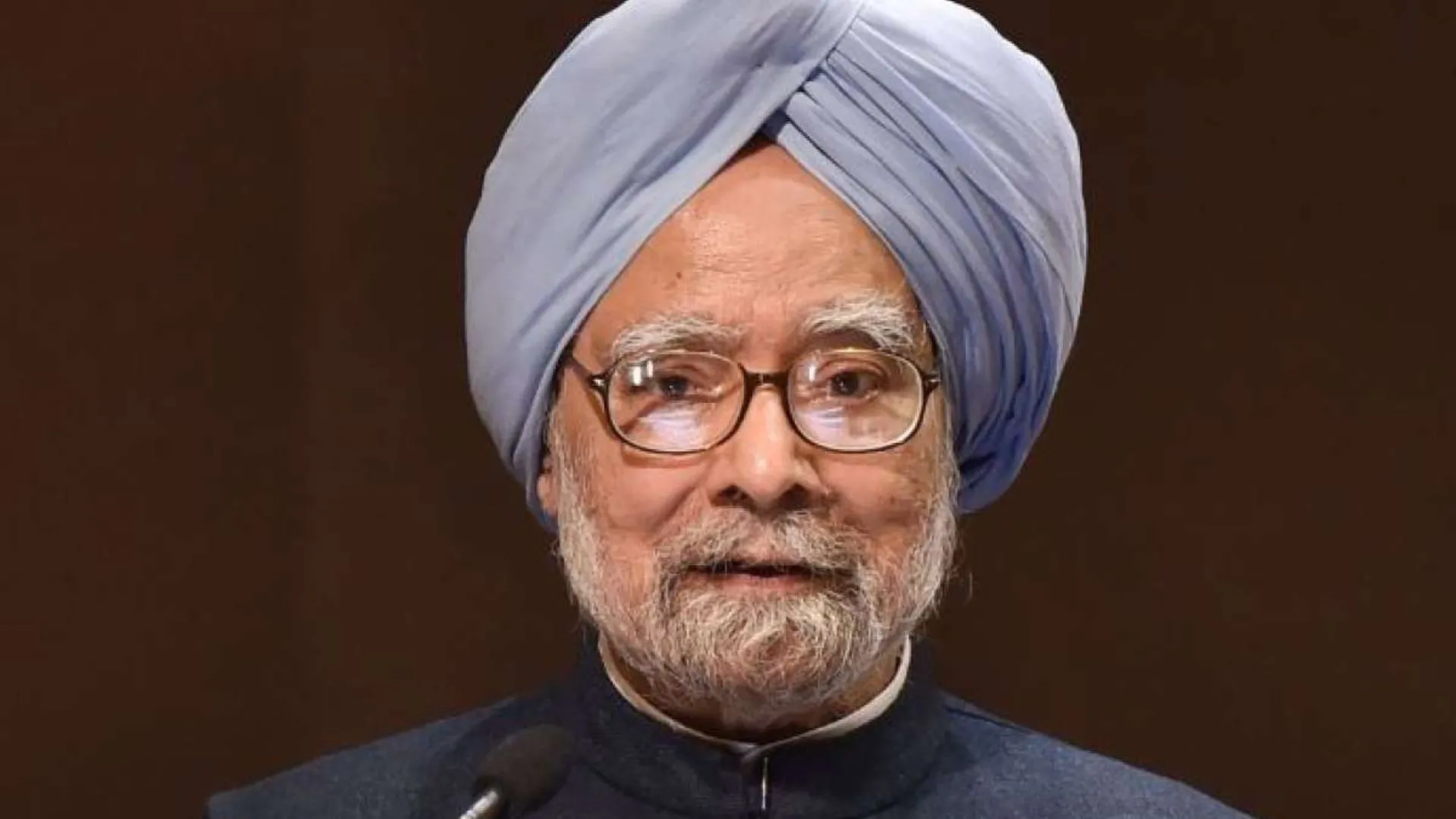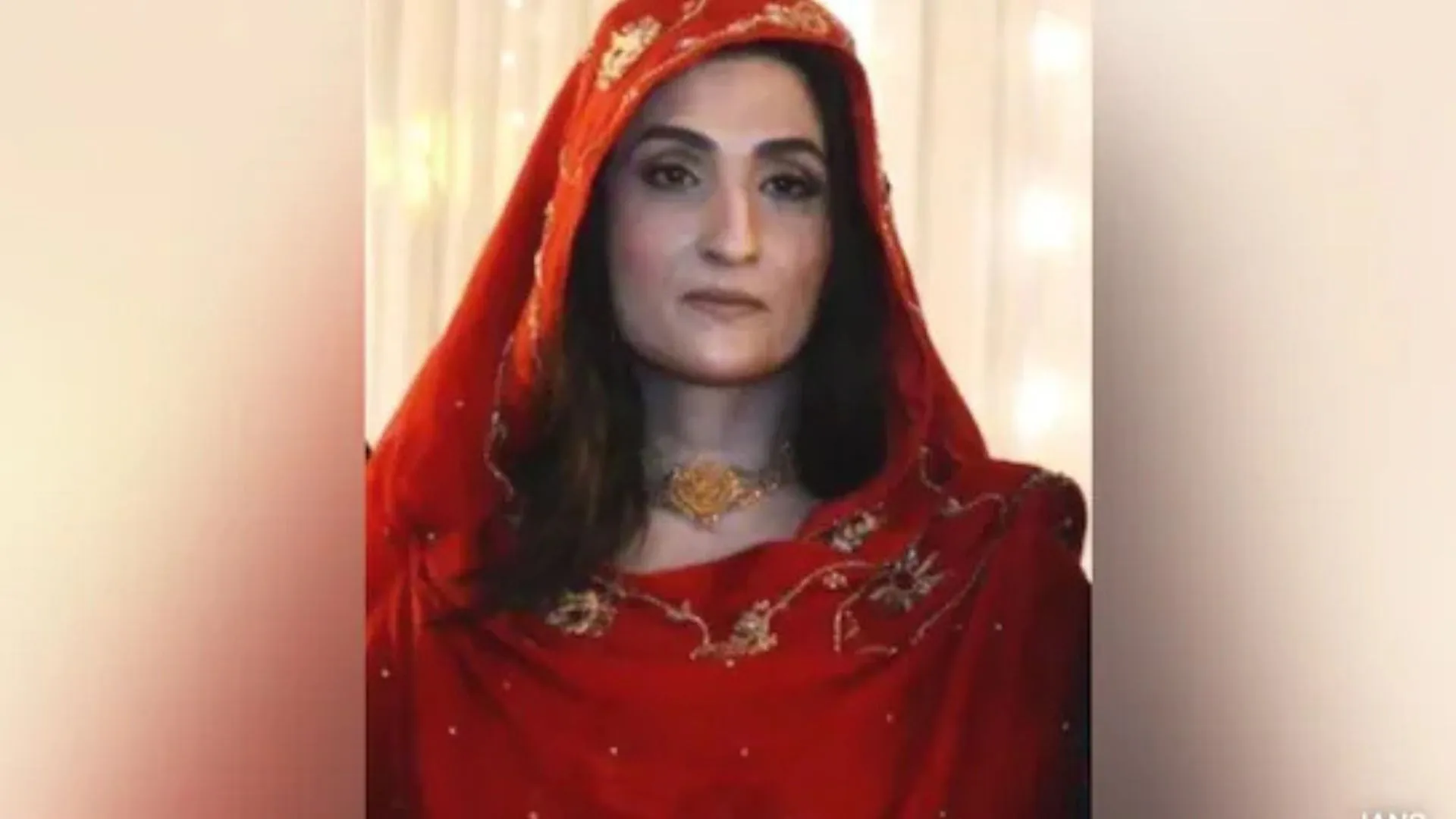A recent order from the Department of Pension and Pensioners’ Welfare has confirmed that a daughter’s name cannot be removed from the list of family members eligible for a government servant’s family pension.
The directive also instructed ministries and departments to “strictly” expedite the release of all retirement benefits, including those under Extraordinary Pension (EOP), to prevent incurring interest payments.
According to the office memorandum, “The daughter is deemed to be a member of the family of the government servant as and when intimated by the government servant in the prescribed proforma. Hence the name of the daughter shall remain included in the details of the family members.” The eligibility for family pension will be determined after the death of the pensioner or family pensioner, based on the established rules.
The Central Civil Services (Pension) Rules, 2021, define “family” to include unmarried, married, and widowed daughters, as well as stepdaughters and adopted children. However, there have been clarifications sought regarding the removal of a daughter’s name from the family member list post-retirement.
Per the rules, a government servant must provide information about their family, including details of their spouse, children, parents, and disabled siblings, upon entering service. They must also submit updated family details along with their pension documents before retiring.
The regulations state that a daughter (excluding those with mental or physical disabilities) is eligible for the pension until she marries, remarries, or begins earning. Unmarried, widowed, or divorced daughters above 25 years can receive a family pension, provided all other children in the family are either over 25 or earning. In cases with a disabled child, they will have the primary claim on the family pension.
For central government employees under the Old Pension Scheme (OPS), the family pension is set at 30% of the deceased employee’s last drawn pay. If the employee had a minimum of 7 years of qualifying service, this can increase to 50% of the last pay. This enhanced rate applies for 7 years following the employee’s death or until the pensioner reaches 67, whichever comes first. After that, the family pension returns to 30% of the last drawn salary.
EOP, or disability pension, is available for those disabled or who die during service. Recently, a central government department delayed payments due to conflicting interpretations of EOP rules between departments, as one argued that only the Department of Pension and Pensioners’ Welfare should implement the court order regarding EOP.


